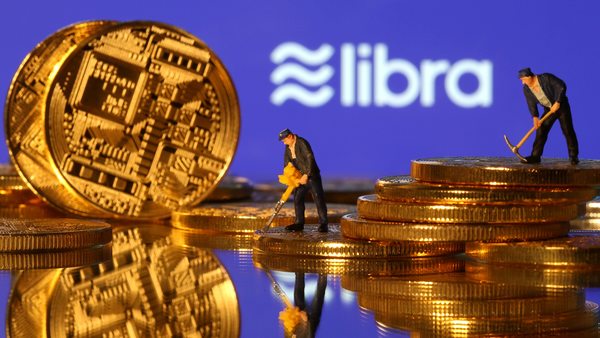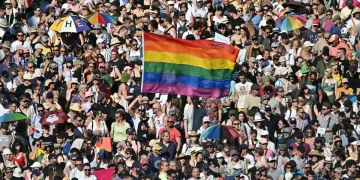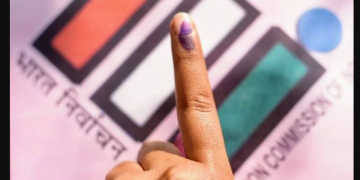New York: Europeans and Americans have their Visa and Mastercards. For everyone else, here comes … Libra?
Facebook’s new Libra digital currency is aimed at a huge potential market for financial services – the the entire developing world, with billions of people in areas such as India and Sub-Saharan Africa, where financial services are often less sophisticated and many people don’t use traditional banking accounts.
Whether or not these billions will want to make the switch is anyone’s guess.
The US, Europe and most developed economies already have large, efficient payment systems.
These allow people to buy and sell goods in real time and send money person-to-person through services like Zelle, PayPal and Venmo.
That’s why the companies that joined Facebook’s Libra association, as well as non-profits involved with similar projects; say Libra’s potential lies elsewhere.
In developing countries, many tens of millions still live far from a bank or money transfer center, or currently use a currency prone to inflation or volatility.
Libra could address this issue by providing a universal, stable currency that is easily transferrable between persons or businesses without involving setting up an entire payment infrastructure. It also potentially could work at a lower cost.
In the last decade, citizens of developing countries have widely adopted cellphones as a way to store money, sending text message-based payments either to businesses or persons.
It’s been a broadly heralded development among policymakers and nonprofits focused on poverty because bank accounts are hard to come by or are too expensive.
“The entire continent of Africa skipped right over cards and went straight into mobile payments,” said Sanjay Sakhrani, an industry analyst with Keefe, Bruyette & Woods, who covers Visa, Mastercard, PayPal and Western Union.
But these payment systems are often constrained by the type of cellphone carrier each person is using. It’s not uncommon in places like Africa to carry multiple cellphones in order to have the necessary access to the right money transfer system.
Libra could solve this problem by creating a universal currency that can be transferred across multiple cellphone networks and across borders.
There’s also the issue of cost, which is cited by the World Bank as being the biggest issue with financial systems outside of developed markets. Facebook says Libra would have a near-zero cost attached to it.
Sanchez, a software developer and co-founder of Panda Exchange, hopes that Facebook’s Libra could help to overcome some of those obstacles. “They already have a very powerful platform with lots of users” Sanchez says.
“They will be able to reach everyday people who are not into technology. And that’s something that many companies haven’t been able to do yet.” Vodaphone, the Europe-based cell carrier, has a large presence in Africa and other developing countries and operates its own mobile wallet system known as M-Pesa. Already a dominant carrier in Africa, Vodaphone sees the potential in Libra to enable customers to send money across borders at a much lower cost.
There’s a lot of room for improvement. The average fee on a cross-border remittance is around 7%, according to the World Bank, with places in Sub-Saharan Africa charging as much as 10% to send a money transfer.
Companies like Vodaphone and organizations involved with Libra like Mercy Corp and Women’s World Banking said they’ve joined at least in part to make sure they have a “seat at the table” in case Libra does take off as a payment method.
Libra’s real-life use cases are still at least a year off, and much likely longer.






































